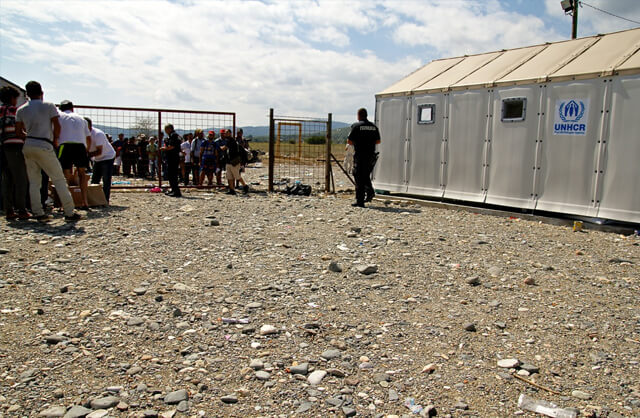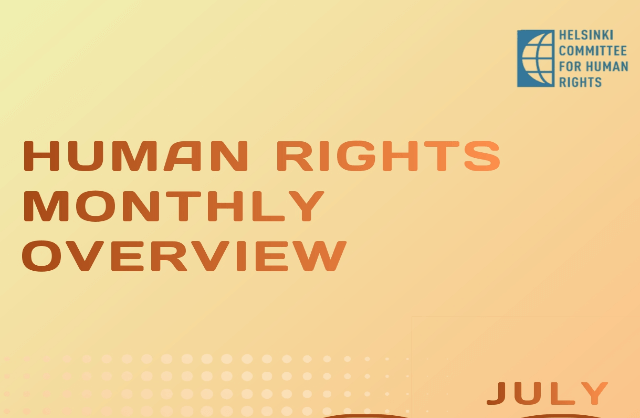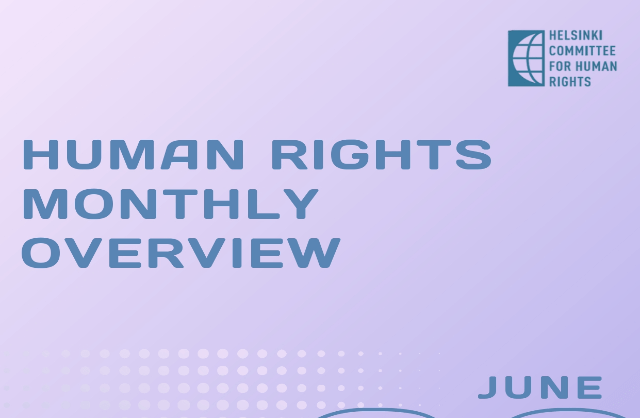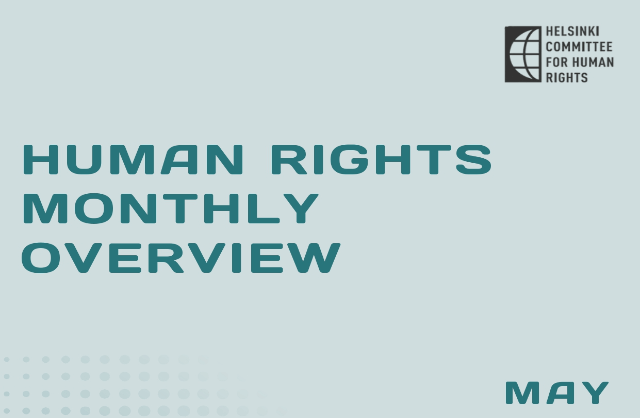The situation at the border crossings Gevgelija and Kumanovo for the period 23.11- 29.11.2015
December 2, 2015

The weekly report on the situation at the border crossings Gevgelija and Kumanovo includes the following topics: Available facilities and conditions at the camp and Institutional treatment.
Gevgelija
Available facilities and conditions in the camp
The influx of refugees passing through the camp in Gevgelija has significantly decreased due to the filtering of refugees. In fact, only refugees coming from Syria, Afghanistan and Iraq are allowed to cross the border, while any other refugees originating from any other country (Morocco, Bangladesh, Ghana etc.) are not allowed to cross with the explanation that they are “economic migrants”.
Due to the decrease in the number of refugees and the inability to use the train to full capacity, no bus or taxi transportation is allowed.
In the course of the entire week, the setting up of the wire fence on the border with Greece, which is three meters and has a layer of barbed wire in the bottom and top parts, was under way.
There is intensive work on upgrading the camp, and the infrastructure is being changed. A stone flooring has been placed in most of the camp. For various reasons, there are frequent power outages in the camp. The registration computers are powered by electricity generators.
On a positive note, the ticket office of Macedonian Railroads is now open before the arrival of the train, so the purchase of tickets has been significantly accelerated and facilitated. Towards the end of the week heating was set up in one of the refugee tents.
Institutional treatment
Due to the filtering of refugees according to their country of origin, groups of refugees who are not allowed to cross the border can now be spotted moving along the highway from Gevgelija. They move on foot, in difficult weather conditions (rain and low temperatures).
Numerous problems occur in the process of selection of refugees according to their country of origin. In certain cases, some of the refugees do not possess any identification documents (they have lost them along the way), so their way across the border solely depends on which country they say they come from and whether they can find some way to prove it. Otherwise, in case they are unable to prove which their country of origin is, they are not allowed to cross.
In one specific case, 12 refugees were transported back to Greek territory after they admitted to possessing false documents. In another situation, about 30 refugees were also deported back to the Greek side for not possessing original documents. Due to the process of selection of refugees, there are huge tensions between them, so they often jostle with the police.
Towards the end of the week an incident occurred in which the refugees who are stranded in the buffer zone between borders, attacked police officers on the Macedonian border crossing with stones. Their reaction was triggered by their dissatisfaction with the closing of the border and the raising of the wire fence. Several police officers were slightly injured in the clash and police equipment was damaged. The intervention and deployment of the members of the Army of the Republic of Macedonia prevented the incident from escalating.
Kumanovo
Available facilities and conditions in the camp
Due to the low temperatures and the harsh weather conditions, the refugees’ stay in the camp has worsened. The barracks of the SOS Children’s Village, which are designed for children, are the only ones which have heating. The barracks designed as a place for the refugees to rest have been destroyed by the rain and can no longer serve for accommodation.
Institutional treatment
After the start of the process of filtering refugees at the border crossing in Gevgelija, the frequency of refugees in the camp in Tabanovce has decreased, and the groups which are streaming in only consist of refugees from Syria, Afghanistan and Iraq. They leave the camp in Tabanovce quickly and in an organized manner, without any significant problems. Sporadically, there may be refugees who have lost their documents, and unless they find a way to prove their identity and origin, they are deported back to Greek territory.
 This report is made possible by the generous support of the Foundation Open Society Institute (FOSI) within the project „Improvement of the rights protection for migrants and asylum seekers in the Republic of Macedonia“. The contents are the responsibility of the Helsinki Committee for Human rights of the Republic of Macedonia and do not necessarily reflect the views of FOSI.
This report is made possible by the generous support of the Foundation Open Society Institute (FOSI) within the project „Improvement of the rights protection for migrants and asylum seekers in the Republic of Macedonia“. The contents are the responsibility of the Helsinki Committee for Human rights of the Republic of Macedonia and do not necessarily reflect the views of FOSI.


